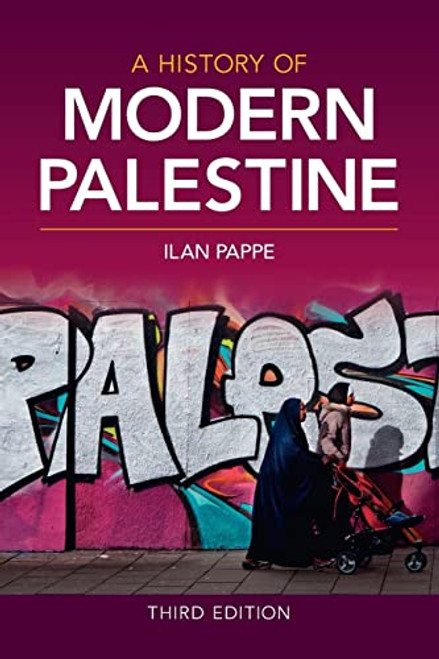The Modern History of Iraq places in historical perspective the crises and upheavals that continue to afflict the country. The book focuses on several important themes: the search for national identity in a multiethnic, multireligious state; the struggle to achieve economic development and modernity in a traditional society; and the political dynamics that have led to the current situation. Phebe Marr draws on published sources in Arabic and English, personal interviews, and frequent visits to the country to produce a remarkably lucid account of the emergence of contemporary Iraq.
This edition features three new chapters that bring readers up to date on events since the U.S. invasion and give a clear picture of the political, social, economic, and ideological consequences of the recent upheaval. Marr provides an insightful overview of the current political sceneIraq's new political elites; emerging figures, parties, constituencies, and support; and foreign influences. In the final chapter, Marr offers a uniquely penetrating analysis of Iraq's current social and economic affairs, including the decline of the middle class, refugee displacement, the economics of oil, the status of women and ethnic groups, and the rise of sectarianism.
This edition features three new chapters that bring readers up to date on events since the U.S. invasion and give a clear picture of the political, social, economic, and ideological consequences of the recent upheaval. Marr provides an insightful overview of the current political sceneIraq's new political elites; emerging figures, parties, constituencies, and support; and foreign influences. In the final chapter, Marr offers a uniquely penetrating analysis of Iraq's current social and economic affairs, including the decline of the middle class, refugee displacement, the economics of oil, the status of women and ethnic groups, and the rise of sectarianism.












